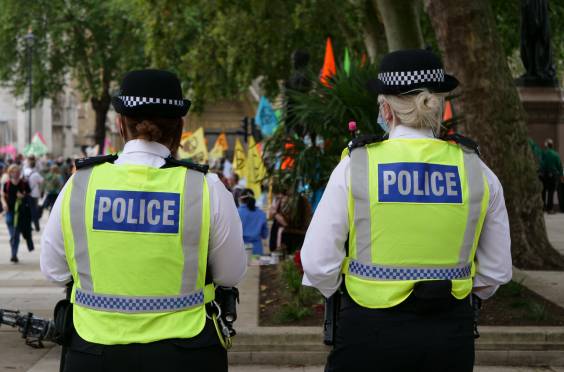What is a Regulatory Investigation
Understanding Regulatory Investigations
The last thing any busy organisation needs is to be caught up in a resource draining regulatory investigation. Investing in experienced legal advice from the moment you become aware of a regulator’s interest in you or your business is crucial to negating much of the stress and obtaining the guidance and support you need to have the investigation wrapped up as quickly as possible with minimal disruption and negative consequences.
What are regulatory investigations?
Regulatory investigations play a pivotal role in maintaining the integrity of various industries and ensuring compliance with laws, regulations, and standards. These investigations are conducted by regulatory bodies and agencies who scrutinise alleged misconduct, irregularities, or breaches of legal requirements.
What is the purpose of regulatory investigations?
Regulatory investigations are initiated with the primary goal of ensuring that people and organisations adhere to applicable laws, rules, and standards.
Several specialised regulatory bodies oversee different sectors. For example, the Financial Conduct Authority (FCA) regulates the financial industry, the Solicitors Regulatory Authority is the watchdog for the legal profession, while the Care Quality Commission (CQC) oversees healthcare providers.
You can find a full list of UK regulated professions and their regulators here.
Investigations aim to identify and rectify practices that could harm consumers, investors, or the broader public. Therefore, investigations are crucial for uncovering instances of misconduct, fraud, corruption, or negligence. These inquiries help identify those responsible for such actions and can lead to enforcement action and in some cases, criminal prosecution.
What is the process of a regulatory investigation?
The process of a regulatory investigation differs depending on the industry sector. Below is a basic example of the steps undertaken by an investigator.
• Initiation of an investigation - regulatory investigations may be initiated in several ways, including as a response to complaints, whistleblowers, or routine monitoring. In some cases, regulatory bodies may choose to investigate proactively based on emerging risks or trends.
• Gathering evidence - once an investigation is launched, the regulatory body begins gathering evidence. This often involves requesting documents, conducting interviews, and analysing financial records, contracts, and relevant data. When gathering evidence, different regulatory bodies are granted specific investigative powers through legislation. These powers may include the ability to compel witnesses to provide evidence, access to premises, and the authority to seize documents.
• Interviews under caution – the investigator may interview people connected to the matter under scrutiny, for example employees. These interviews are usually conducted under caution and can be used as evidence in subsequent legal proceedings.
• Impose interim measures - in some cases, regulatory bodies may impose interim measures during the investigation to protect public interests or prevent further harm. For instance, the FCA may freeze assets or restrict certain activities of a financial institution under investigation.
• Regulatory findings - at the conclusion of an investigation, the regulatory body will compile its findings. These findings may confirm compliance with regulations, identify areas of improvement, or uncover violations and misconduct.
• Enforcement Actions - depending on the severity of the findings, various enforcement actions, ranging from issuing warnings and fines to suspending licenses, revoking registrations, or initiating legal proceedings may be taken.
• Prosecution - in cases of serious misconduct or violations, regulatory bodies may refer the matter to the Crown Prosecution Service. Some regulators, for example, the FCA, have the power to bring their own criminal prosecutions. Civil proceedings are often also brought in conjunction with or following a regulatory investigation.
How long do regulatory investigations last?
The length of a regulatory investigation can vary significantly based on its complexity, the volume of evidence, and the cooperation of the parties involved. Investigations may take several months or even years to conclude.
What is a Solicitor’s role in a regulatory investigation?
If you are facing a regulatory investigation, it is imperative that you engage an experienced legal team to advise your in-house lawyers and/or senior management. They will ensure that they understand your business and market sector, which will give them a robust base in which to manage the investigation whilst developing submissions to rebut investigators’ findings.
Your legal team will advise and represent you before, during, and after interviews under caution, as well as ensuring investigators do not exceed their powers.
If your business is subject to a dawn raid, your Solicitor will arrive a swiftly as possible, perhaps talking with investigators on the phone during transit. They will check the investigators’ warrant and remit and take notes of every document examined and all conversations with staff and management.
Conclusion
Regulatory investigations can be immensely damaging to your commercial reputation and can result in severe penalties. Our Regulatory Solicitors can advise you from the beginning to the end of an investigation and ensure your best interests are protected.
If you have any questions regarding this article, please call us on 0300 3732424.

